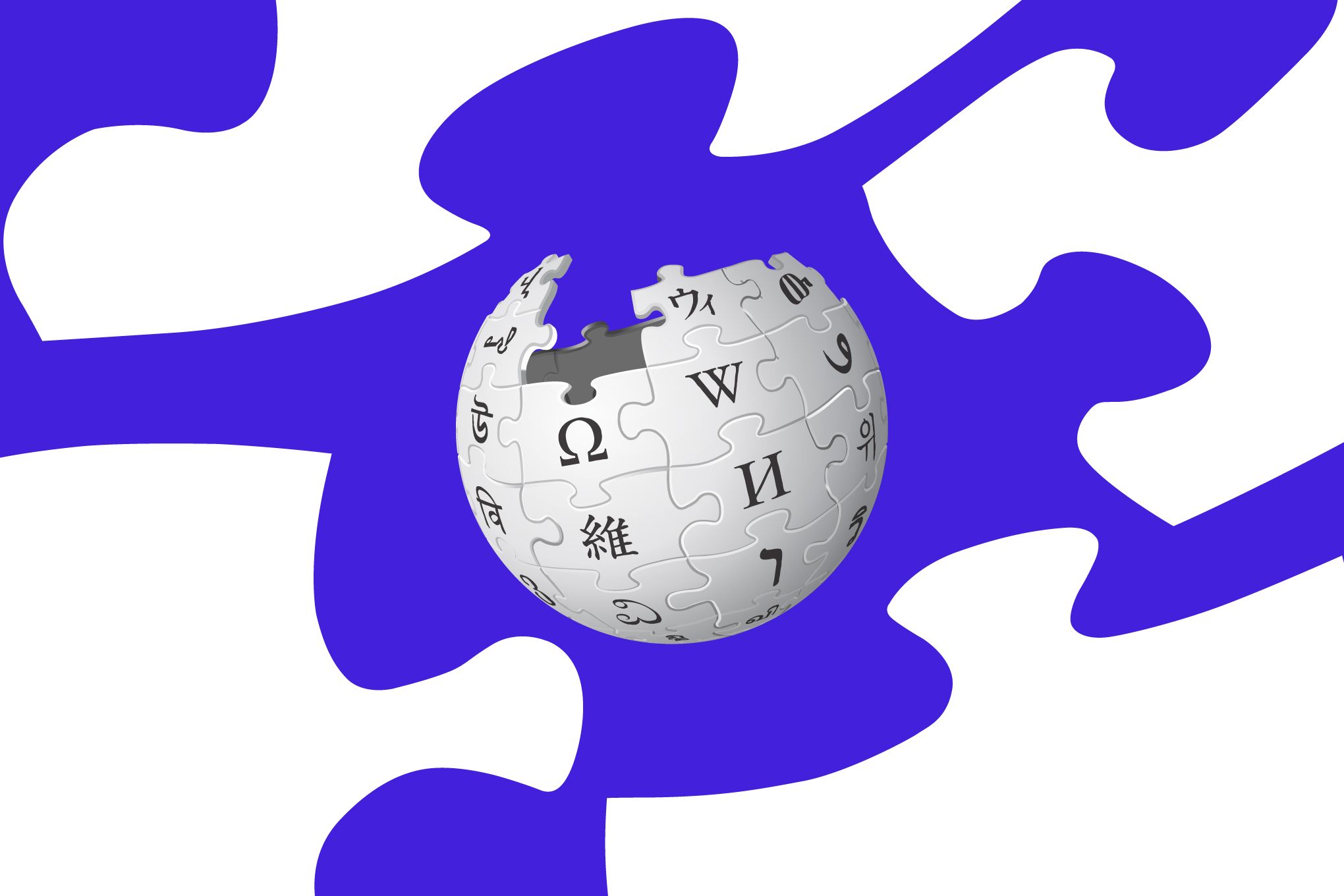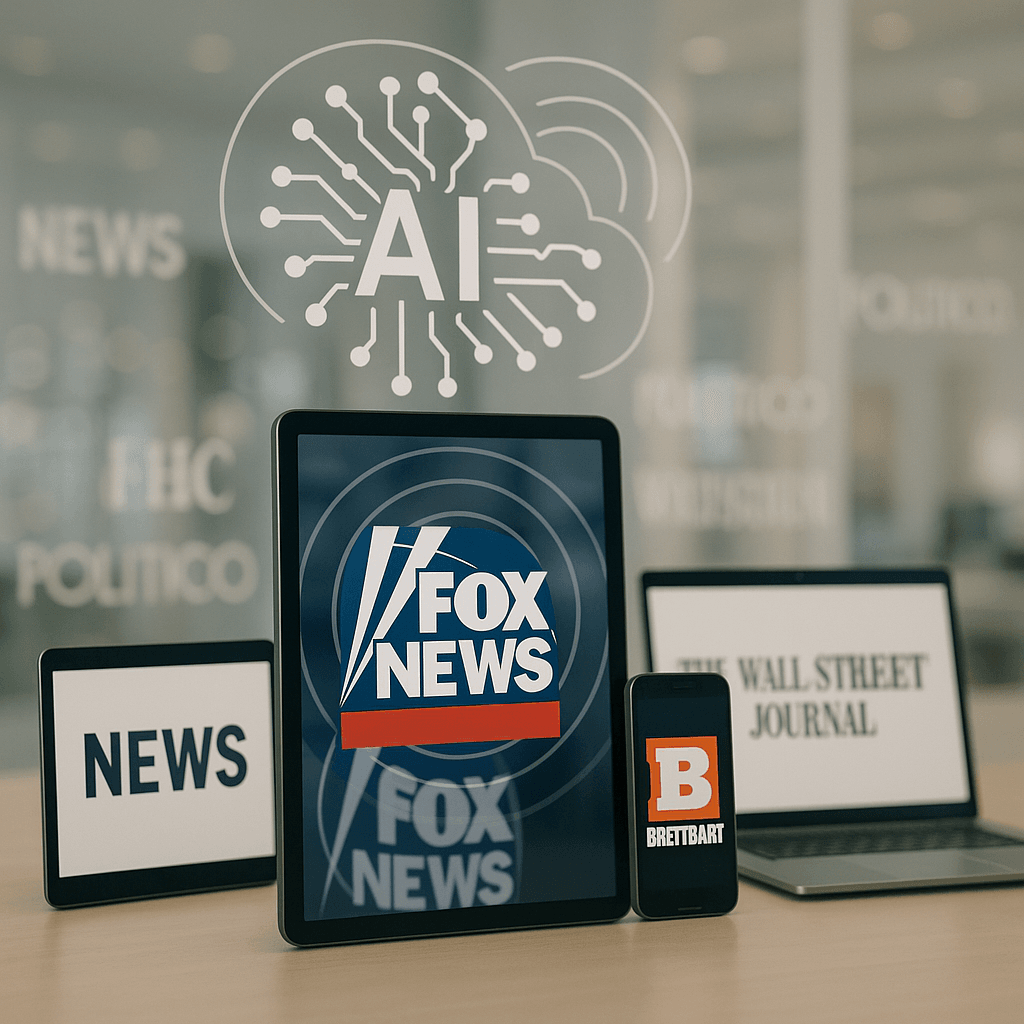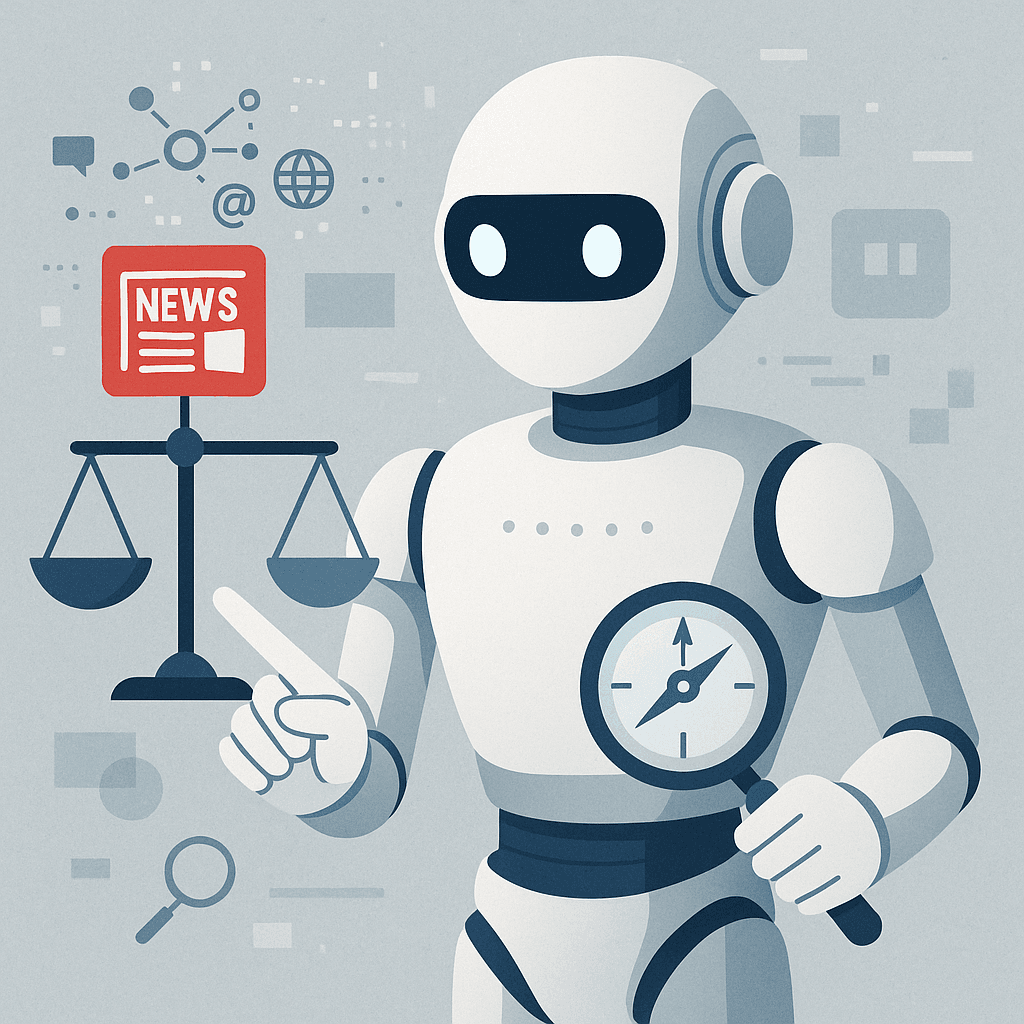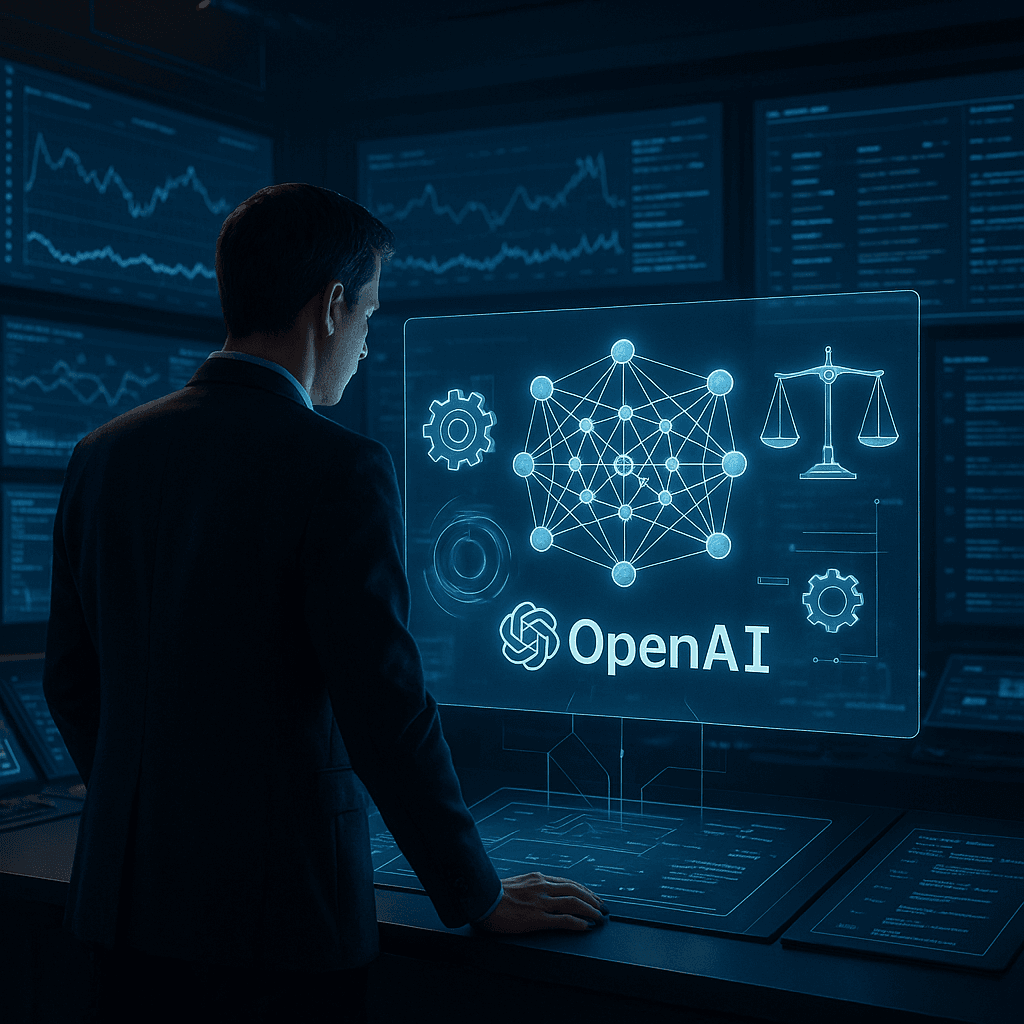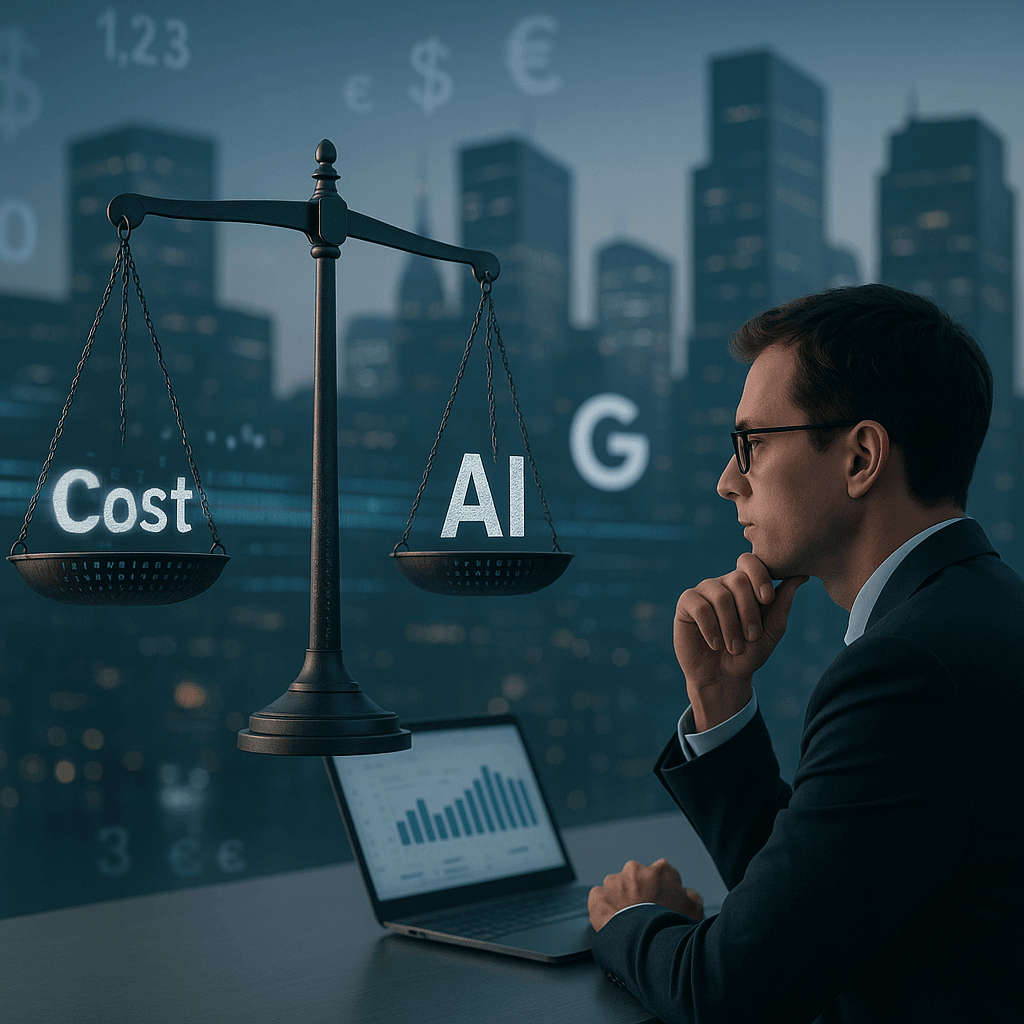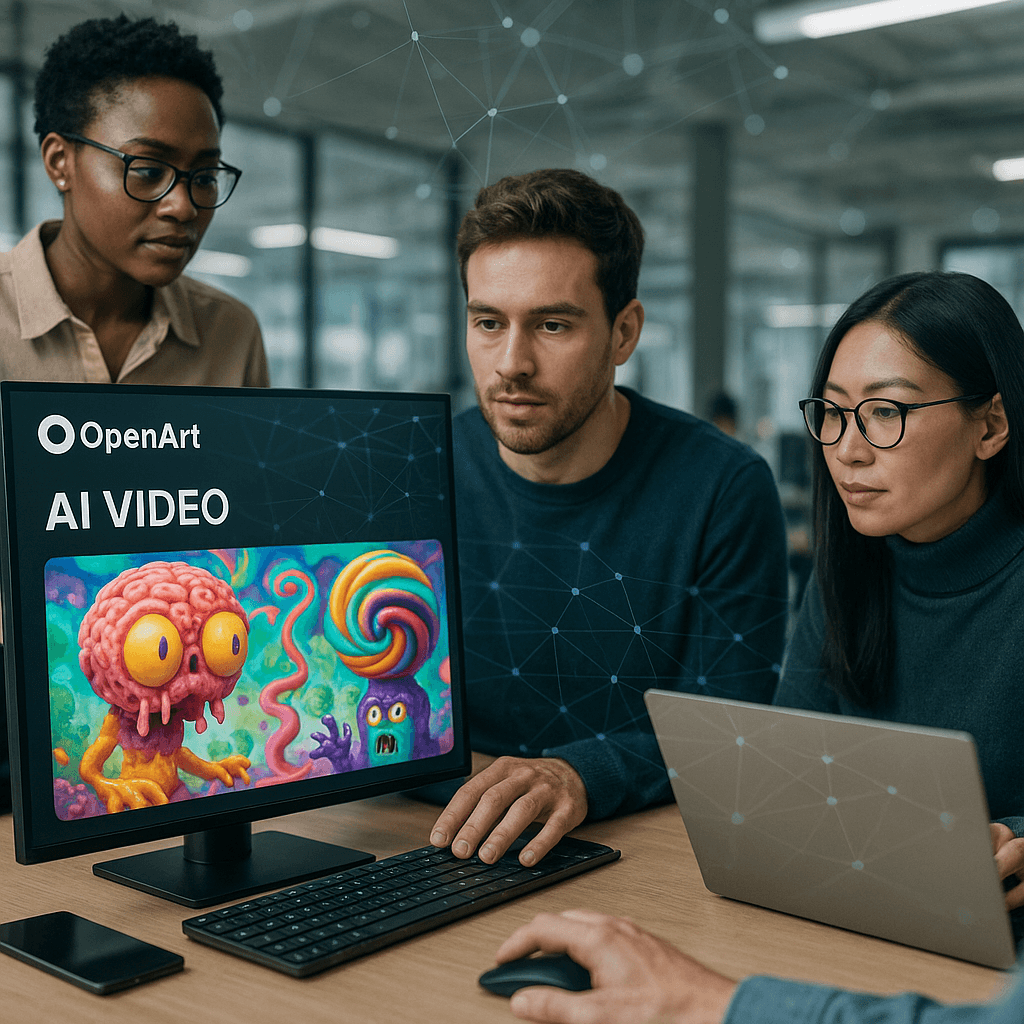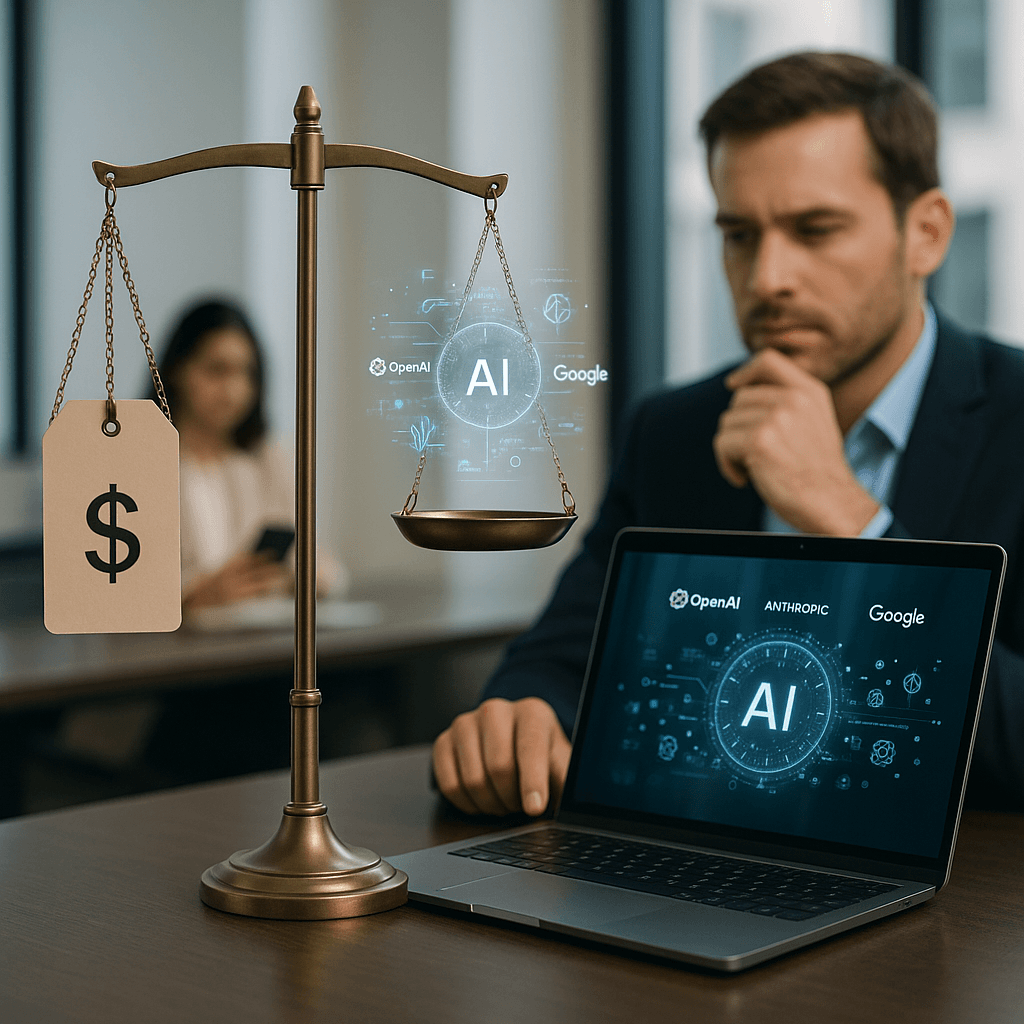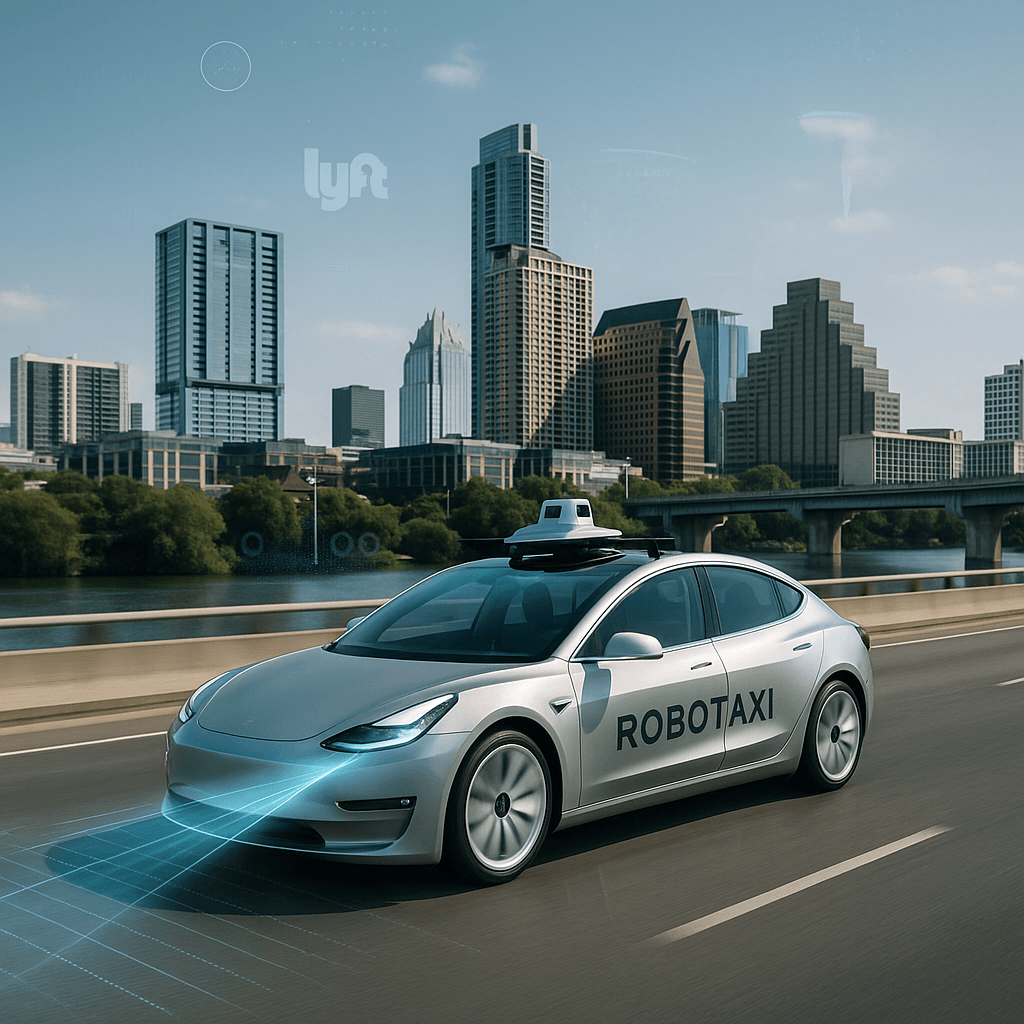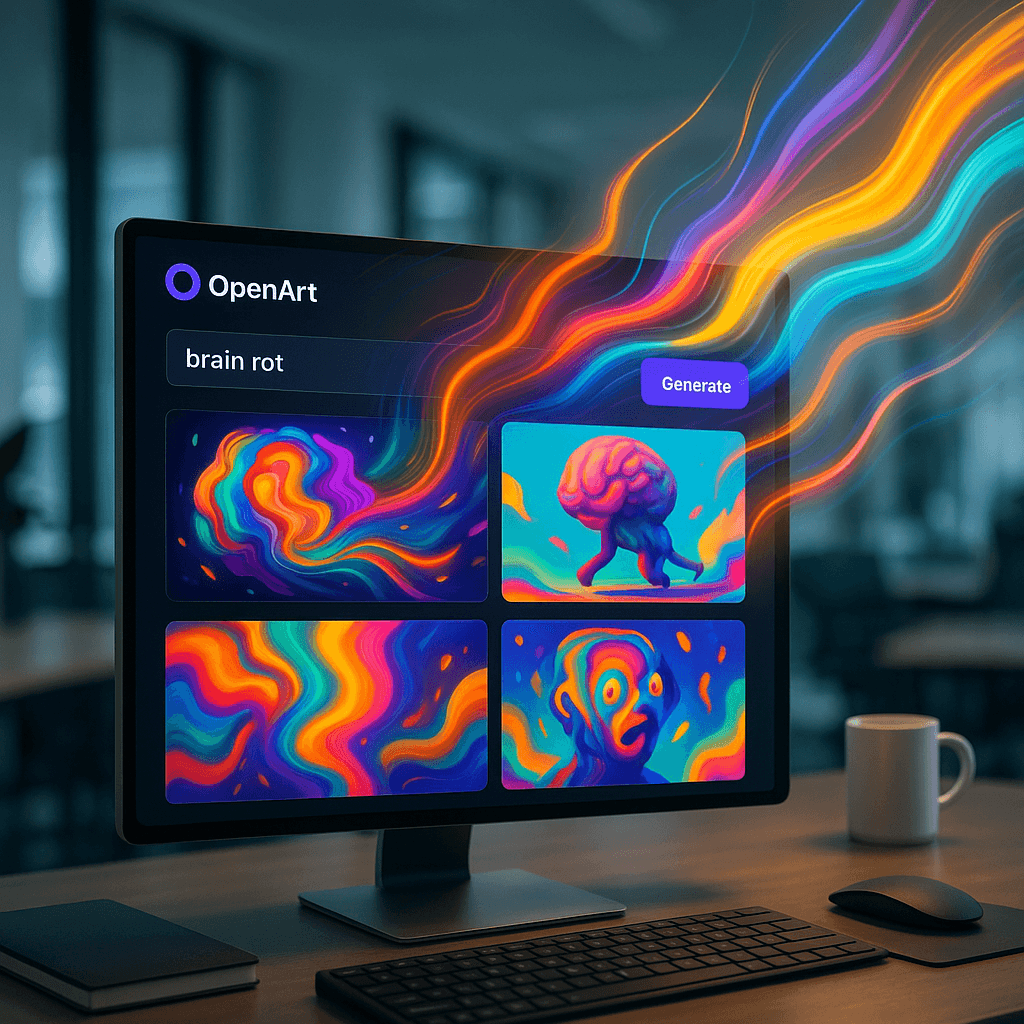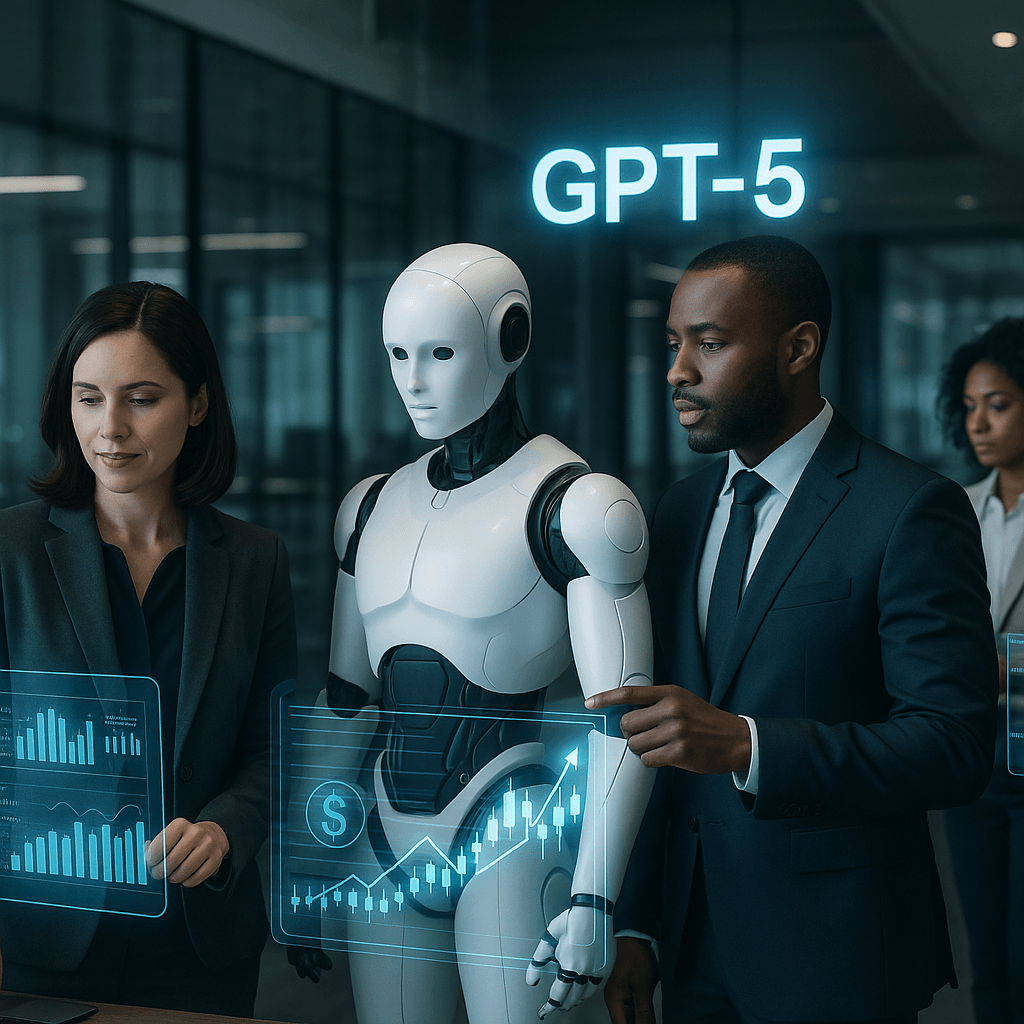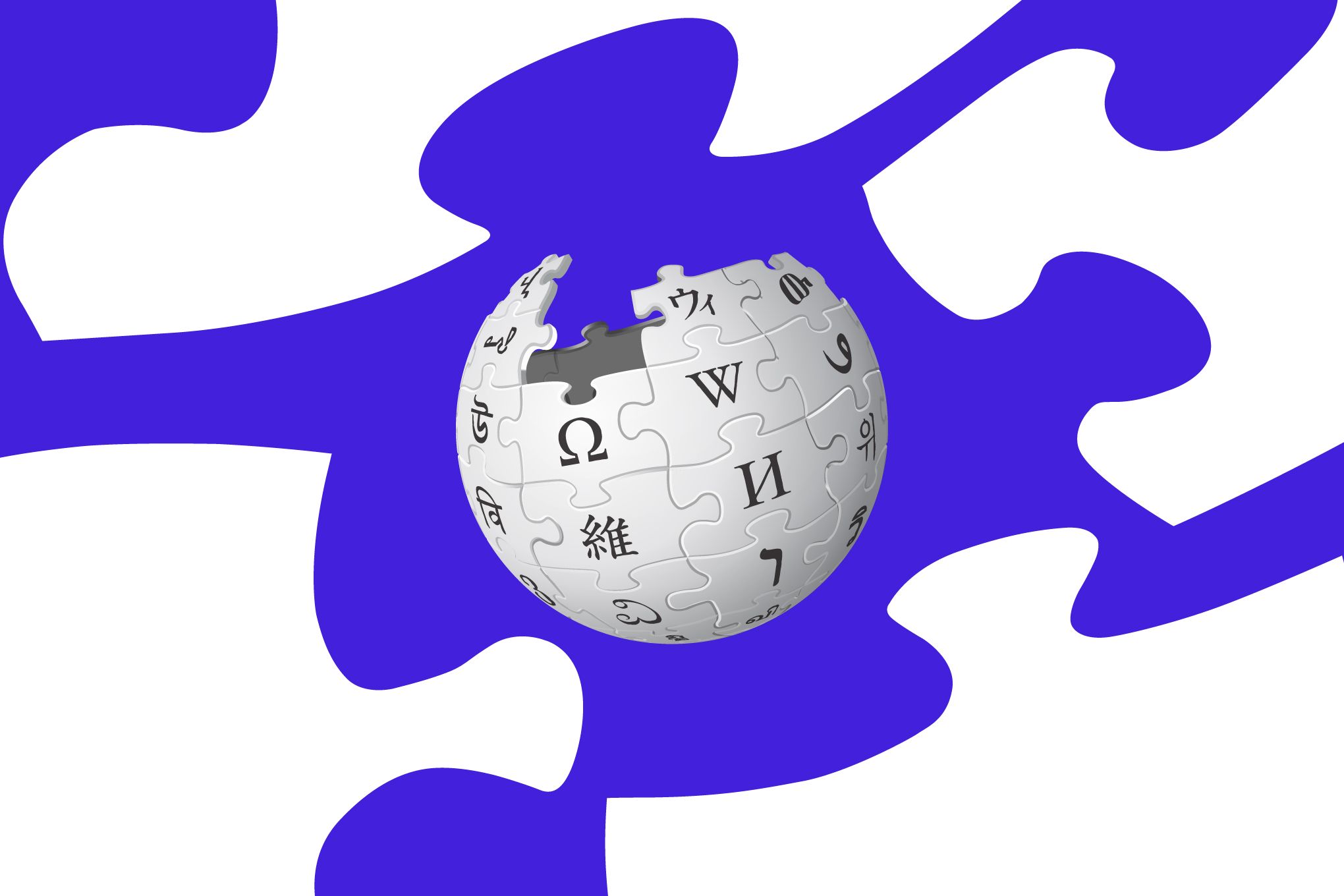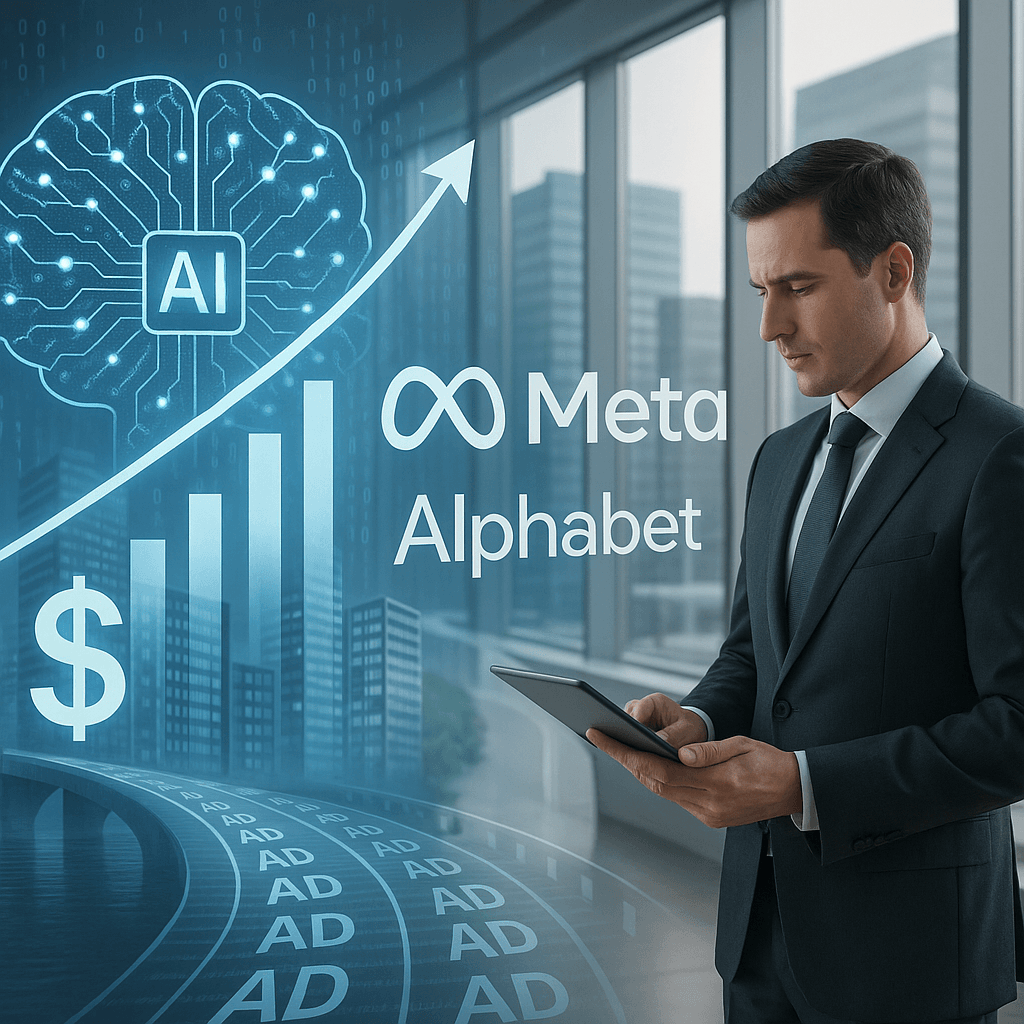TL;DR
- - Implement speedy deletion for AI-generated errors
- - 70% rise in flagged articles linked to AI misuse
- - AI both a challenge and tool in content management
- - Investing in community-driven content validation is key
AI writing tools have surged, confronting platforms like Wikipedia with a deluge of poorly-crafted content riddled with inaccuracies and false citations. The community is actively responding to maintain its reliability and accuracy, crucial in today's digital information age. Understanding Wikipedia's approaches offers valuable insights into safeguarding informational integrity online.
Opening Analysis
The rise of AI-generated content has created a new battleground for platforms dependent on user-generated contributions, notably Wikipedia. Editors find themselves in an unprecedented struggle with an influx of AI-generated articles teeming with erroneous data and deceptive references. Wikimedia Foundation's Marshall Miller aptly describes the editors’ response as an 'immune system' developing to combat this digital pathogen.
Market Dynamics
The assault by AI tools challenges traditional content platforms. By enacting a 'speedy deletion' policy, Wikipedia empowers its volunteer editors to swiftly remove articles that fit the AI-generated mold: user-directed writing, misleading citations, and non-existent references. This move is pivotal as it addresses the challenge head-on, aiming to preserve the platform's credibility amidst changing internet dynamics.
Technical Innovation
The battle against AI misuse has spurred technical progress within the Wikipedia community. Beyond swift deletions, Wikipedia's AI Cleanup Project lists tell-tale signs of AI-generated content, from overly promotional language to disproportionate use of specific conjunctions. This proactive guidance provides a roadmap for editors navigating the nuanced landscape of AI-generated contributions.
Financial Analysis
The challenge posed by AI content is not without financial implications. With more than 70% of flagged content linked to AI use, the time and resources diverted to manage this trend can be significant. However, by equipping community members with better identification tools and policies, Wikipedia mitigates potential resource strains.
Strategic Outlook
In the next six months, expect Wikipedia to refine and expand its tools, such as the ‘Edit Check’ non-AI tool, aimed at improving editorial oversight and neutrality. Over the next one to two years, as the platform fine-tunes its engagement with AI, it could set a standard for managing tech-induced misinformation across the internet.
